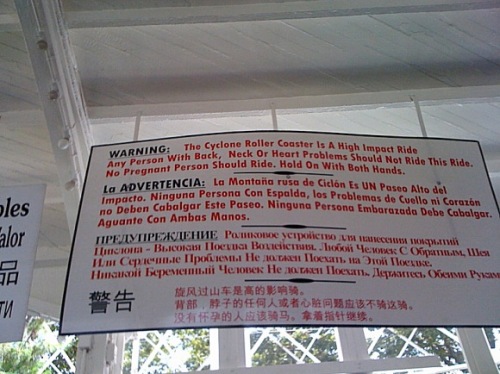In the last chapter, we learned that Liu Bei had started to enjoy a few military victories against Cao Cao’s powerful army, thanks to his new advisor Xu Shu. But then Cao Cao kidnapped Xu Shu’s mother in the hope of luring Xu Shu to his camp. Cheng Yu, one of Cao’s advisors, managed to forge the old lady’s handwriting, and using it he sent a letter to Xu Shu requesting a reunion. Filial son that he was, Xu Shu felt compelled to rush to his mother’s side. But realizing that this would leave Liu Bei without an advisor, before his departure Xu Shu recommended that Liu Bei recruit his friend Zhuge Liang as his replacement.
Chapter 37 (podcast)
Liu Bei needed a genius, Crouching Dragon would be best;
Visiting Zhuge’s straw hut three times, he passed the sincerity test.
So Xu Shu rode day and night to the capital city, Xuchang. Cao Cao sent his whole council of advisors to greet him, including the famous Xun Yu and Cheng Yu. Xu Shu first went to visit Cao Cao in the Prime Minister’s mansion. Cao Cao probed him, “You are a wise and talented man. Why did you demean yourself by serving Liu Bei?” Xu Shu answered, “War drove me from my home when I was a child, and I’ve been blown about by the winds of fate ever since. I wound up in Xinye, where I happened to meet Liu Bei, and we became friends. But now that you’ve brought my mother here, I have come to take care of her.” Cao Cao replied,”It will definitely be more convenient for you to fulfill your filial duty while you’re here with us. And perhaps I could also have the good fortune to hear your sage advice.” Xu Shu thanked him courteously, and then left, in a hurry to reunite with his mother.
(more…)

